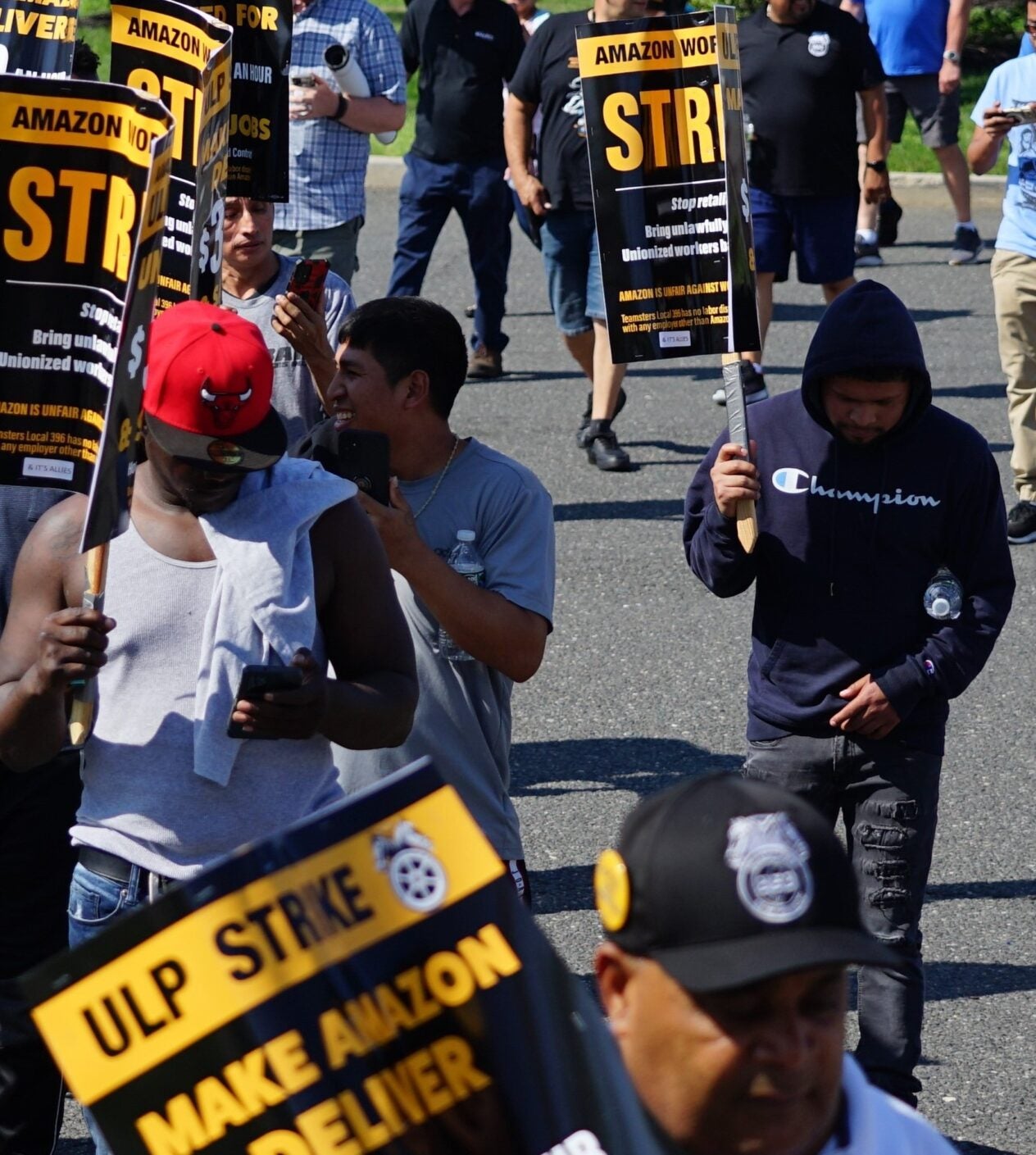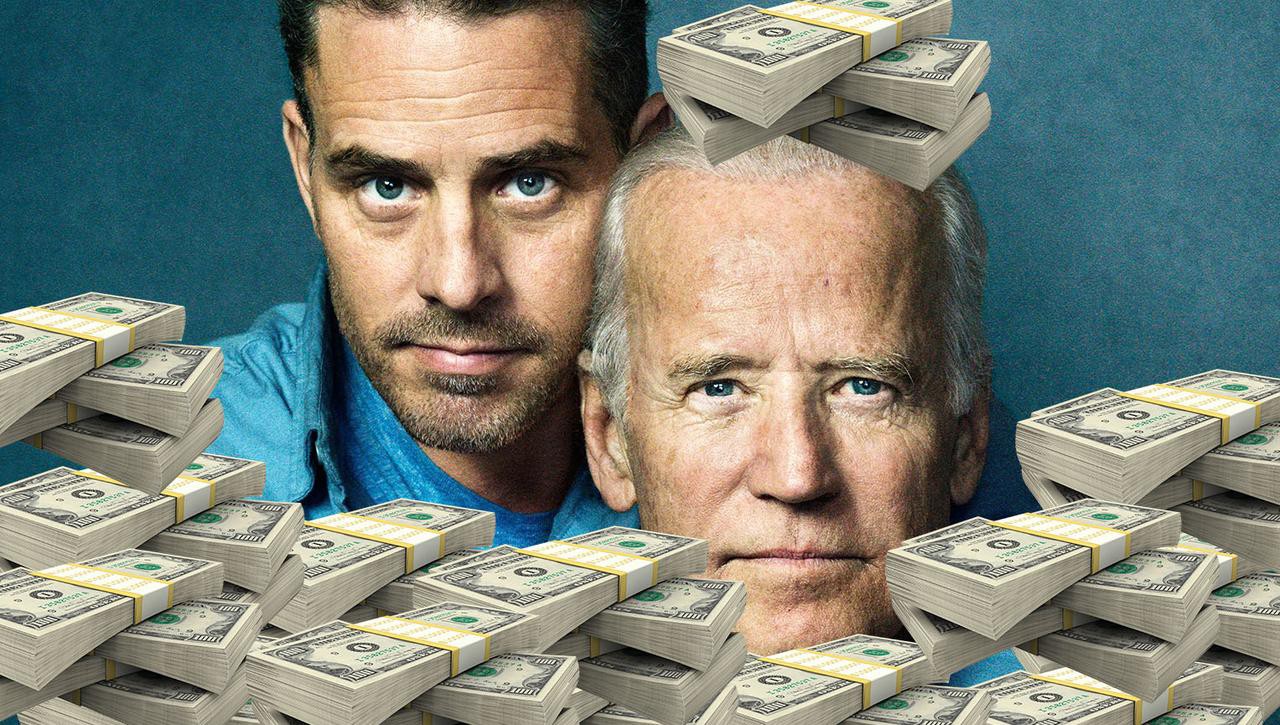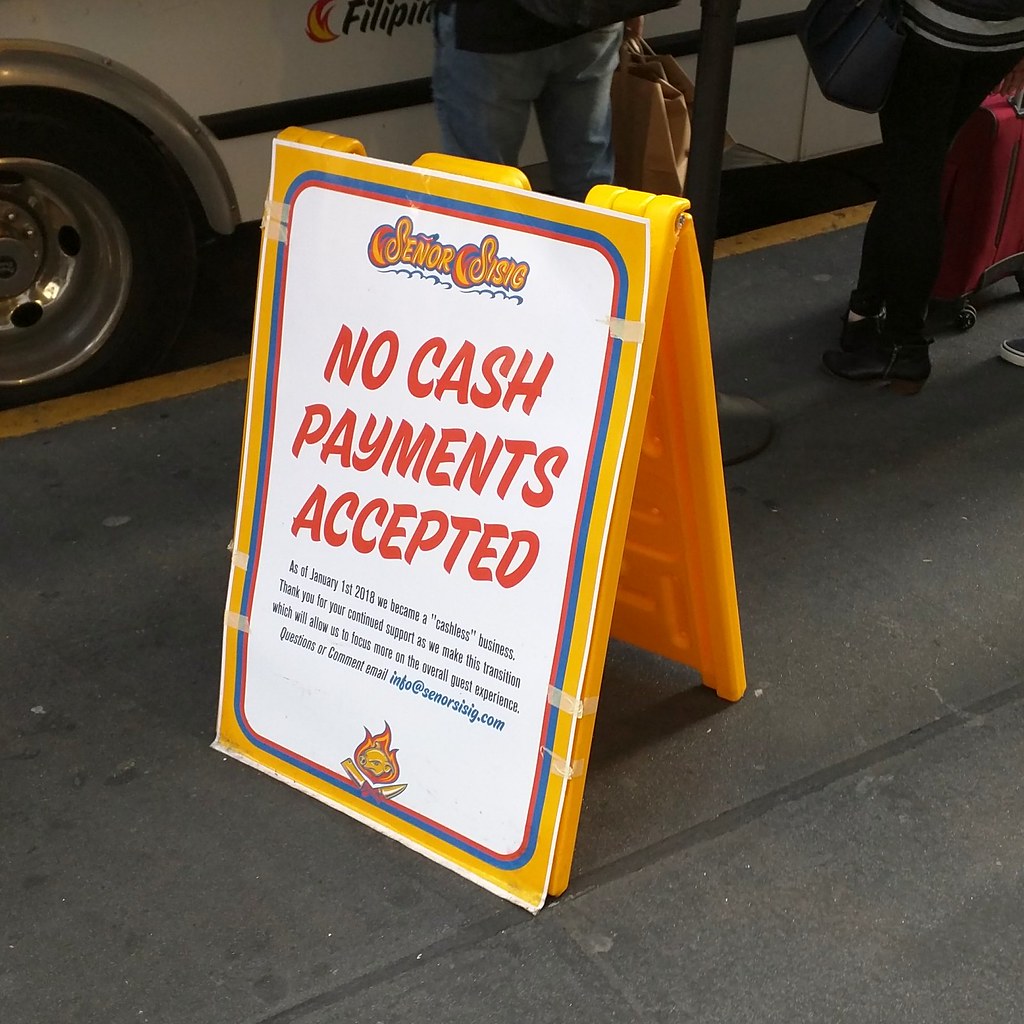The United Parcel Service (UPS) workers' new contract will set the bar for wages in America. This is why we should pay far more attention to the looming nationwide strike about to occur. Many articles being written are speculating as to how much this could cost the economy. Most focus on the short term and disruptions in packages being delivered. A more important issue concerns how a new UPS contract will impact wages and thus inflation all across America for years to come.
The information below indicates UPS workers may be about to unleash a national wage spiral feedback loop. It is common knowledge that studies show wages have not kept pace with the cost of living over the years. Much of the pain inflicted on Americans has taken place in just the last few years and that is why the private sector is strongly motivated to catch up. Today, even having a college degree is no longer a guarantee you will be able to get a good-paying job.
The power UPS workers wield is about to be flexed according to Teamsters Union
President Sean O’Brien. During a recent rally speech in Atlanta, he said,
“We’ve organized, strategized, now it’s time to pulverize.”
If a deal is not reached by July 31,
O’Brien said they would withhold their labor on August 1 at 12:01 a.m.
With UPS moving goods and services that
deliver 7% of the gross national product the supply chain would without a doubt take a huge hit. UPS handles roughly 28% of America's shipping, so a strike would create chaos across America. This is made even more critical since UPS has a
special niche in delivering many high-value items, these are things that must arrive on time.
So far 95% of the
contract has been negotiated and they are now down to the "nitty gritty. " This centers on pay, UPS
knows it will need to pay its workers more, but how much? This includes its many part-timers.” Part-timers receive the same benefits
as full-time workers but make far less. Full-time
employees make on average, $95,000 a year. Part-timers start by earning $16.20 an hour and are eligible for a
higher hourly rate after 30 days.
This takes the average pay of part-time workers to $20
an hour. Many of these workers are required to move
packages weighing up to 70 pounds every few seconds. this is done while inhaling "noxious" air from the exhaust
of trucks and having "supervisors yelling at you to keep it moving." With this in mind, it is little wonder UPS is having a difficult time during this time of low unemployment keeping these spots filled.
To be clear, the major outstanding issue is pay, particularly for part-time UPS
workers, who make up 60% of the company's workforce. The Teamsters Union represents 340,000 UPS
workers. This would be America's biggest strike in 60 years. Such a strike would be felt both domestically and
internationally. Adding to the impact of such a strike is the fact it appears, the pilots union that represents
the pilots for UPS has vowed to not cross picket lines and will not turn a wheel
if the teamsters go on strike.
It is predicted that a 10-day strike at UPS would
cost the U.S. economy a total of more than $5 billion, according to a
recent estimate from the Anderson Economic Group. Many of these losses
would fall on people who
are not striking and not connected to UPS. This is highly unusual for a
strike," said Patrick Anderson, the group's principal and CEO. It would
also impact the broader U.S. economy and lead some small
businesses to temporarily close, Anderson said. As an example, he noted
that a United
Auto Workers strike against GM in 2019 pushed the state of Michigan,
home of the automaker, into a brief recession.
 |
| Workers Ready To Make Up For Lost Wages |
UPS said in a statement "We are prepared to increase our industry-leading pay and
benefits, but need to work quickly to finalize a fair deal that
provides certainty for our customers, our employees, and businesses
across the country," The fact is with thousands of UPS Teamsters doing picket practice, rallying, and mobilizing around the country, it is likely the company will bow to an overwhelming show of
Teamster unity. Remember, it has been pointed out by workers that they are making the same amount they were making in
1983 when adjusting for inflation. That is why some workers are seeking to see starting pay raised to the $22 - $25 an hour area.
As for Washington's role in all of this, the White House and President have been clearly asked to stay out of any potential strike. President Biden intervened in December to defuse a threatened railroad workers' strike that could have disrupted a quarter of the nation's cargo. While this could be as threatening to the economy, some 200 members of the House and Senate have pledged this week to stay out of the fight. With the UPS contract being the largest private collective bargaining
agreement in North America unions are making this situation political. Following increased attacks on
employees' collective bargaining rights, supporters of these rights are not in the mood for interference.
With the easy issues such as making Martin Luther King, Jr. Day a paid holiday and installing air conditioning and heat shields
in delivery trucks. Things are not only heating up between UPS and its
workers, many companies will soon be wrestling with requests for higher
wages. Jumping from $16.20 to even $22 is over a whopping 33% raise. This is an arrow in the heart of those saying we are about to see deflation take hold.
This dovetails with stories about how more than 650,000 American workers, have, or are threatening to go on strike this summer. It has been decades since workers have been so dissatisfied. The main takeaway from this story is that inflation is tied directly to wages and labor costs. All businesses large and small will be affected, as usual, small businesses will get hit hardest. This translates into consumers having to pay more and workers demanding higher pay. We know that government workers will never lower their pay and unlike the private sector, it is not held back by an employer's ability to pay. Add government works to those screaming for more money. In short, get ready for higher everything.
(Republishing of this article welcomed with reference to Bruce Wilds/AdvancingTime Blog)








